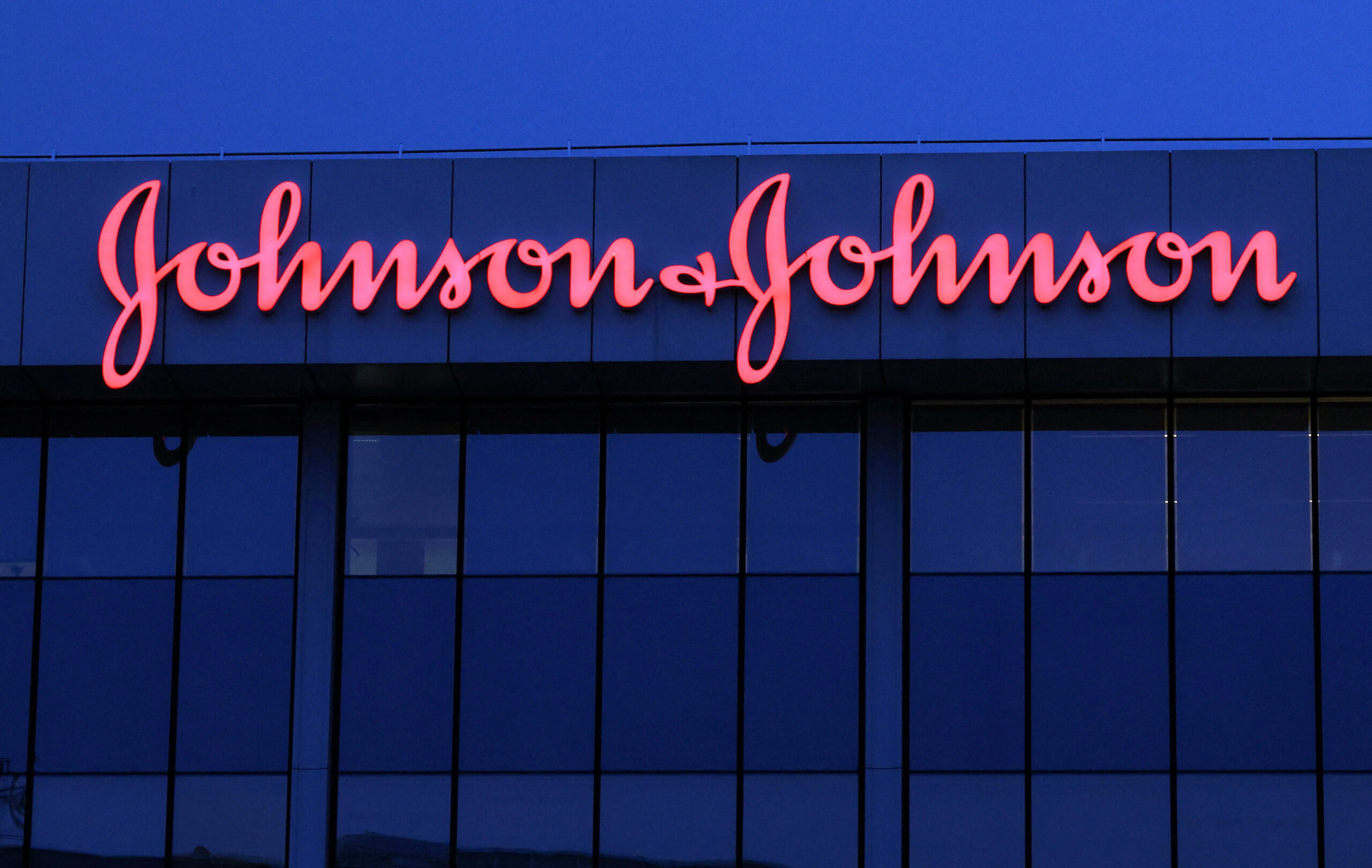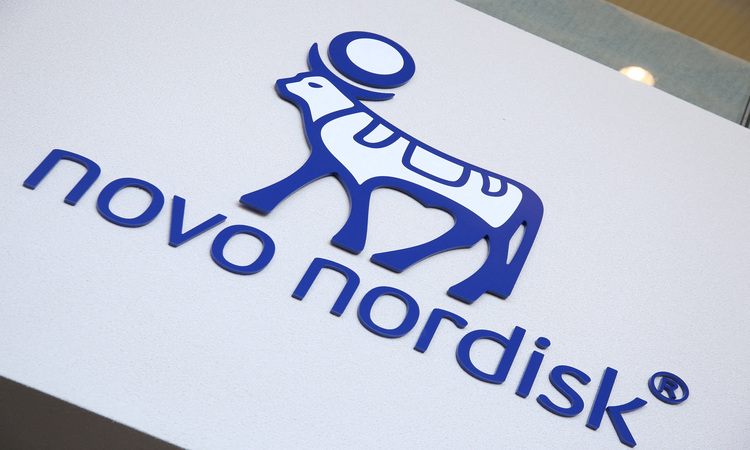On Tuesday, the U.S. Food and Drug Administration approved Johnson & Johnson’s (NYSE: JNJ) chemotherapy-free combination treatment for a type of non-small cell lung cancer, setting up a challenge for AstraZeneca’s (NASDAQ: AZN) blockbuster drug Tagrisso.
The approval allows the use of the cancer drug, Rybrevant, in combination with J&J’s existing drug, lazertinib, as a first-line treatment for non-small cell lung cancer (NSCLC) patients with a mutated form of a gene called EGFR.
NSCLC is the most common type of lung cancer, and the EGFR mutation occurs in 10-15% of the cases in the United States, according to data from the American Lung Association.
Rybrevant disrupts the growth of EGFR and another gene called MET to slow down or stop the spread of tumorous cells, and lazertinib inhibits their rapid reproduction.
“We are the first chemo-free therapy that beat the standard of care in the frontline setting,” said Biljana Naumovic, a J&J executive who oversees the commercial strategy for the drugmaker’s oncology treatments.
AstraZeneca’s Tagrisso, a commonly used front-line treatment for NSCLC patients with an EGFR mutation, is followed by chemotherapy.
The Food and Drug Administration’s decision on J&J’s therapy on Tuesday is based on data from a late-stage study, in which the Rybrevant combination increased the time patients lived without their disease worsening, compared to Tagrisso.
Shares of Johnson & Johnson (NYSE: JNJ) were up 0.68% at $160.71.
J&J’s Rybrevant is already approved for the treatment of NSCLC as a monotherapy, in patients whose disease has progressed after chemotherapy, and in combination with chemotherapy for patients with the EGFR mutation in the United States.
The company expects Rybrevant, which is among its newer cancer treatments, to generate more than $5 billion in peak sales.
AstraZeneca (NASDAQ: AZN) reported sales of $5.8 billion from Tagrisso last year.
(Source: ReutersReuters)













